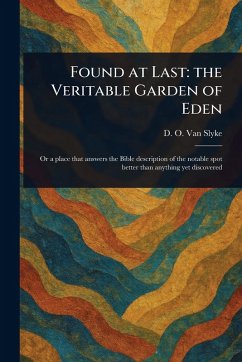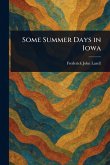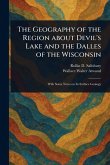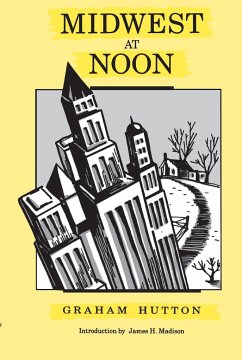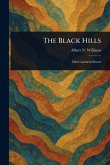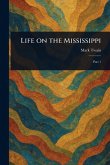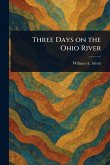Is the biblical Garden of Eden to be found in Wisconsin? "Found at Last: the Veritable Garden of Eden" presents a fascinating and unique perspective on biblical geography, proposing that Trempealeau County, Wisconsin, aligns remarkably well with the Bible's description of that notable spot. Authored by David Van Slyke, this meticulously researched work explores the landscape and characteristics of Trempealeau County, drawing parallels to the scriptural account of Eden. Readers interested in local history, travel within the Midwest, or alternative interpretations of the Old Testament will find this exploration thought-provoking. "Found at Last" offers a journey through Trempealeau County while simultaneously delving into the enduring mystery of the Garden of Eden. It is a distinctive blend of travelogue, local history, and biblical studies, inviting readers to consider a surprising possibility. This book remains a testament to the power of observation and the enduring allure of the search for paradise. This work has been selected by scholars as being culturally important, and is part of the knowledge base of civilization as we know it. This work is in the public domain in the United States of America, and possibly other nations. Within the United States, you may freely copy and distribute this work, as no entity (individual or corporate) has a copyright on the body of the work. Scholars believe, and we concur, that this work is important enough to be preserved, reproduced, and made generally available to the public. We appreciate your support of the preservation process, and thank you for being an important part of keeping this knowledge alive and relevant.
Bitte wählen Sie Ihr Anliegen aus.
Rechnungen
Retourenschein anfordern
Bestellstatus
Storno

